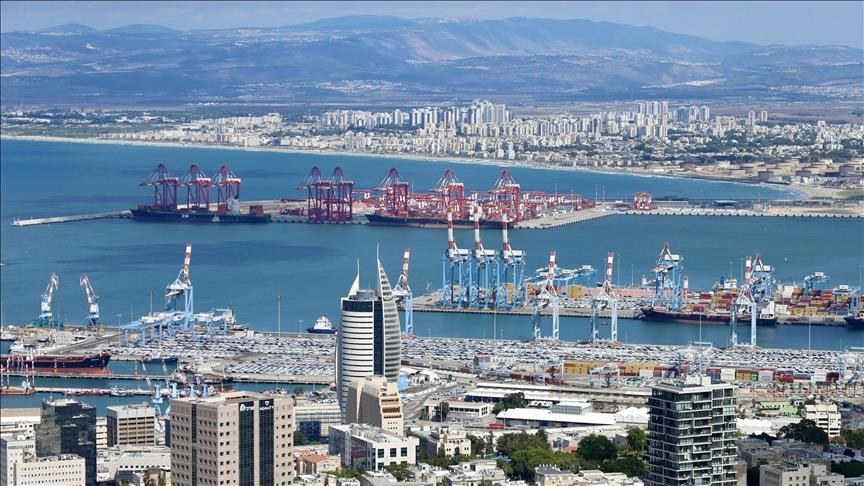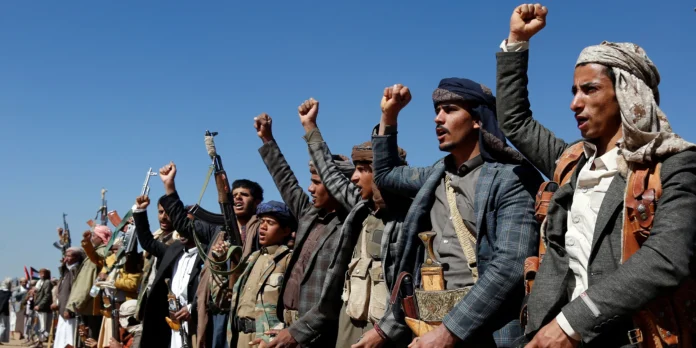Group Announces Escalation in Response to Gaza Strikes
The Yemeni Houthi group said on Sunday that it will step up its actions at sea to protest what it calls mass killings in the Gaza Strip. The fighters issued a notice through their armed wing that ships linked to any firm trading with Israeli ports face a risk of attack. They made clear that they will not consider the ship’s flag or route and will strike any vessel they can reach with their missiles and remote aircraft.
Call for Companies to Halt Israeli Port Deals
The statement from the group urged every shipping and insurance company to cut ties with Israeli harbors at once. It warned that ships sailing under any name or registration could come under fire if they keep up trade with Israel. The group asked states that want to keep calm waters to press Israel to stop attacks on Gaza and lift the tight seal around the territory.
Continued Strikes Since Early 2025
The Houthis began stepping up missile and drone attacks on Israeli soil after Israeli forces brought back heavy fire on Gaza in March. They had paused action during a shaky ceasefire for two months. Since November 2023, they have also hit trade ships in the Red Sea, the Gulf of Aden, and nearby lanes to show support for Gaza residents, where over 59,800 people have lost their lives in the Israeli onslaught.
Impact on Global Shipping and Security
That brings a threat to vital trade routes that link Asia to Europe. Experts say that attacks in this area force vessels to take longer paths or boost costs for security, which drives up prices for goods around the world. Some port operators have already warned of delays and extra fees. Firms that ignore the warning risk losing millions in cargo and facing higher insurance charges.
Regional Reactions and Risks

Arab states have offered mixed responses. Some back the Houthi move as solidarity with Palestinians. Others worry that more targeting of merchant ships will drag them into direct clashes and raise the chance of a wider war. International shipping bodies say they will watch closely and update guidance for captains to avoid danger zones.
Personal Analysis
This new step adds stress to an already tense region and shows how local conflicts can ripple into global markets. Attacks on civilian trade ships can force far‑flung economies to feel the heat of a conflict that started in a distant land. Companies now face a tough choice between profits and safety, and they may pull back from key ports. That could slow deliveries, drive up costs, and put pressure on global supply chains.
Governments will have to weigh the cost of backing one side or staying neutral, while port operators must find ways to protect their businesses and crews. At a time when world commerce counts on open seas, these moves threaten to reshape trade patterns for months ahead.
Sources: Reuters.com

